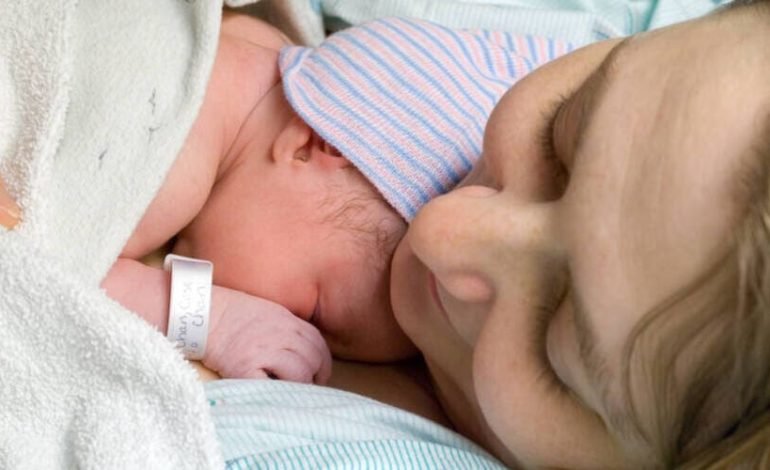Postpartum female preference for cooler temperatures linked to brain changes

It’s no secret that pregnancy changes just about everything – from how you feel to how you sleep. But one area that’s only just starting to get more attention is how mums experience postpartum temperature changes. A new study shows that after giving birth, women may prefer cooler environments, and scientists are now learning how the brain plays a part in this shift.
Researchers at Baylor College of Medicine in the United States have found that postpartum females, at least in mice studies, develop a sustained preference for cooler temperatures after giving birth, and it all comes down to changes in the brain. According to the study published in Molecular Metabolism, these changes are linked to a specific group of neurons in the brain’s preoptic area, known for its role in regulating body temperature.
What made this behaviour particularly striking is that it didn’t reflect a general drop in temperature tolerance. The mice still avoided cold conditions but actively chose slightly cooler zones over the warm areas they previously preferred. That adjustment seems to be traced back to a shift in the activity of estrogen receptor alpha (ERα) neurons in the brain, which appear to change how the body interprets warmth and cold once reproduction has occurred.
When these neurons were deliberately altered in virgin mice, they too began to favour cooler temperatures – mimicking the behaviour of postpartum mothers. This suggests a clear biological mechanism that could extend beyond lab settings.
In their study, the researchers also highlighted that these temperature preferences may have evolved to support lactation and postnatal care in mammals. Cooler environments could potentially help mothers conserve energy or better regulate thermal stress during what is already a physically demanding period.
While this research was conducted on mice, it has broader implications. It could inform future studies into maternal health and even influence the design of postpartum environments in hospitals and homes. You can read the original research summary from Baylor College of Medicine, which covers the details of their findings and ongoing research into how different types of ERα neurons respond to temperature.
It’s a reminder that the body continues to adapt long after birth, in ways we’re only just beginning to understand. With women’s health rightly getting more focused research attention, discoveries like this could pave the way for practical improvements in wellbeing.
For more updates on maternal health, scientific discoveries, and everyday insights into London life, visit EyeOnLondon. We’d love to hear your thoughts in the comments.
Follow us on:
Subscribe to our YouTube channel for the latest videos and updates!
We value your thoughts! Share your feedback and help us make EyeOnLondon even better!









